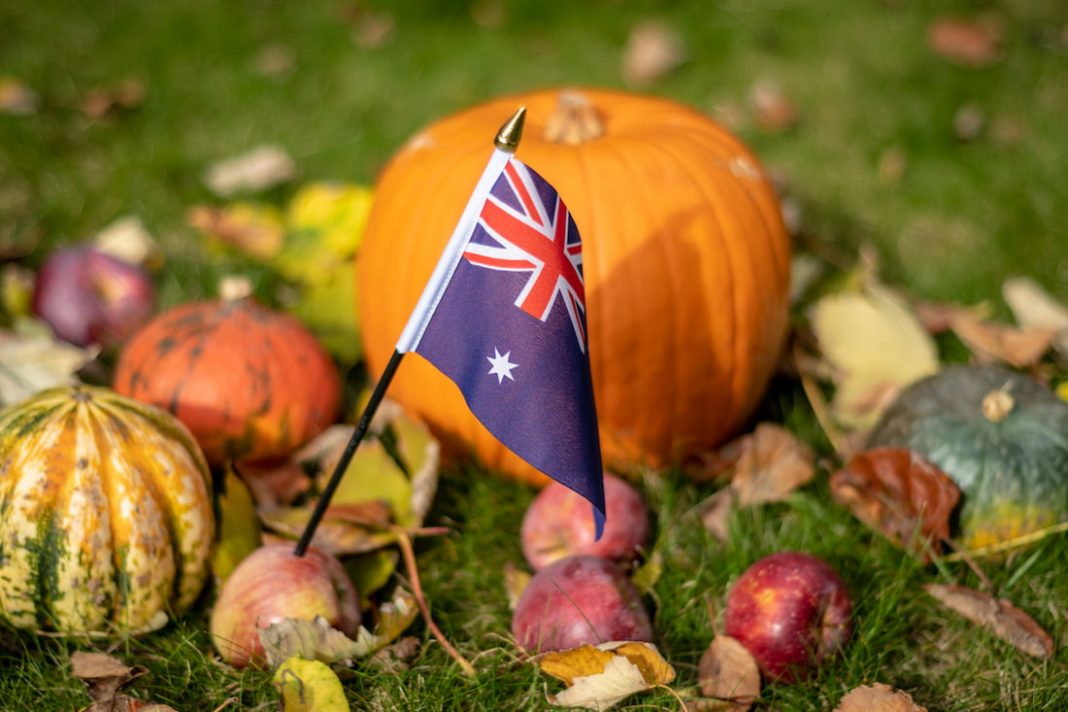Halloween divides Australians each year as more families decide to join in on the spooky celebrations, whereas others question its validity.
Senior Lecturer in Communication in the Charles Sturt University School of Information and Communication Studies Dr Travis Holland explores what has led to Halloween’s spread across the seas and why there’s still resistance.
Spooky stories have had a prominent place in human culture for centuries. They serve to help us deal with some of the more difficult parts of life: danger, fear of the unknown, and death.
Such themes are also seen in many global cultural events which celebrate and commemorate the dead. These include Mexico’s ‘Day of the Dead’ (Día de los Muertos), the Ghost Festival of East Asia, and of course Halloween. We could also say that war commemorations and even Easter address the same core human experiences.
This Halloween, it is just as predictable that many will bemoan the ‘Americanisation’ of Australia as it is that many children will nonetheless joyfully wander our neighbourhoods in the twilight dressed as ghosts, vampires, royals, pirates, and pop culture characters.
Is America to blame?
But with Halloween’s origins in Ireland and Scotland as a pagan and Christian festival, why do some blame the Americans for its spread down under?
Certainly, the event has become widely mediatised, appearing as it does in countless US films and television shows that are broadcast or streamed in Australia.
It is also hugely commercialised, presenting a new occasion for retailers and other businesses to develop and sell new products and services.
Similarly, other American shopping traditions such as ‘Black Friday’ have become popular in Australia despite the pre-existing cultural connotations of that term related to the devastating 1939 bushfires in Victoria.
As a media scholar, I could also suggest that the popularity of gothic, horror, and spooky films have a role to play in Halloween’s popularity even if they do not reference the holiday.
Classics such as The Exorcist (1973), The Nightmare Before Christmas (1993), Hocus Pocus (1993), and the Halloween franchise (1978, ongoing) all remain popular while newer films such as Haunted Mansion (2023), the Twilight saga (2008-2012), Get Out (2017) and the Netflix series Wednesday (2022, ongoing) offer more modern takes on the genre. Some expertly blend horror with comedy such as Beetlejuice (1988).
It is difficult to figure out if the media influence the prominence of Halloween, or whether the growth of Halloween influences the popularity of spooky films, or whether both are underpinned by that deeper human drive to understand the challenges of the world around us.
The positives of spooky traditions
There are benefits to Halloween. The chance to dress up and play a character is an opportunity for children to express themselves and connect with both their peers and the ideas and media they enjoy in the world.
With Halloween occurring in Spring in Australia, the evening offers an opportunity for families to spend time outside in their streets and neighbourhoods, meeting and talking with their neighbours.
Additionally, it is becoming more common for people to only visit houses with decorations up, which shows that they appreciate and want to participate in the tradition. This shows a greater level of understanding and respect for people’s personal views.
Whether you want to acknowledge Halloween or not, it offers an opportunity to reflect on the ways Australia and our culture are changing through interlinked media, commerce, and travel around the world.
Events such as Halloween exist because of innate human desires but have modern influences as well.



